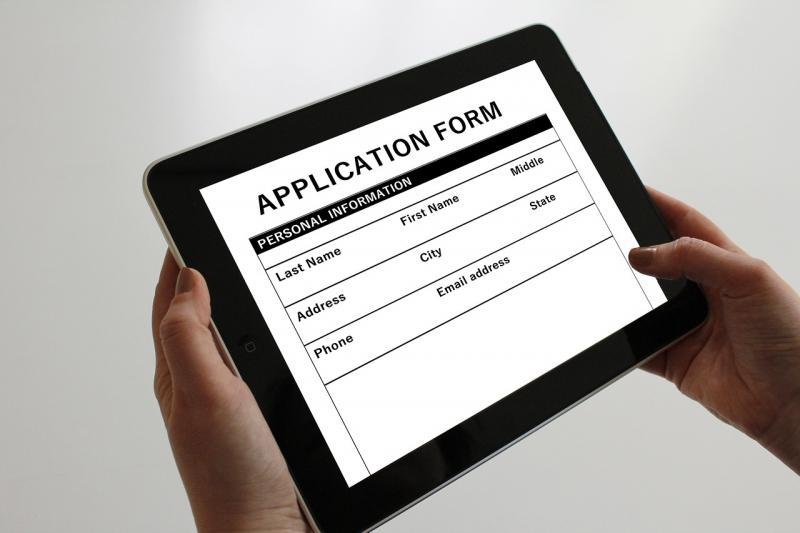What Can Happen if You Lie on Your Resume

Everyone stretches the truth on their resume, right?
The studies seem to suggest so. As CNBC reports, nearly 8 out of 10 people are not 100% honest, when applying for a job. Some will embellish their resume, while others will add skills, experience, and jobs they never had.
What do people lie about on their resumes anyway? According to the same CNBC article:
- Having mastery of skills they’ve never used
- Working for a company longer than they did
- Having more education than they actually do
- Holding a higher title at their last job
Have you ever lied on your resume? Did you ever land a job because of it? Have you ever thought about getting caught? Today, that’s what we’re going to discuss. What can happen to you if you lie on your resume.
Why Lying on Your Resume is a Bad Idea
Now, lying on your resume, falsifying a recommendation letter, or forging a permit are things you should never do. In most cases, people that use lies and forgeries to get ahead usually get caught. There are many opportunities for you to reveal that you’re less experienced and skilled than you claim you are. When you become comfortable, you start making mistakes.
You might fool the people during the recruitment process and get hired. But you won’t be off the hook. There are thousands of high-level executives who lose their jobs and damage their reputations beyond repair each year, after being caught lying on their resumes.
If the company you’re working for discovers that you’ve been dishonest on your resume, they’ll fire you quickly. That may impact your future employment. Studies have shown that it can be harder to get hired when you have such a blemish on your record. Avoid these situations at all costs if you want to preserve your name and integrity.
What Are Some of the Most Common Lies on a Resume
Has lying on your resume ever worked? What are some specific things people lie about? How many of them get caught? These questions require complex answers. Concerning the latter, nearly three-quarters of employers have caught a lie on a resume in the past.
If you start outright lying, chances are, you’ll get caught. When you look at those numbers, you can easily see that it’s not worth it.
And what do people lie about? Well, according to Career Builder:
- 6 out of 10 people lie about their skill sets
- 5 out of 10 people lie about previous responsibilities
- 4 out of 10 people lie about dates of employment
- 3 out of 10 people lie about their titles
- 3 out of 10 people lie about their education
What to Do if You Get Caught Lying on a Resume
Let’s say that you end up not listening to anyone, lie on your resume, and get caught. Some people get caught during the job interview, but more often than not, this happens after a few months on the job. What can you do now?
Is there anything you can do after the damage has already been done? Here are a couple of things you can do to lessen the impact of your lie...
-
Check the Laws
In some countries, lying on your resume is actually a crime. For example, in the United Arab Emirates, doing lifeguard duties without a proper license may end up costing you a lot. Faking one even has bigger consequences. One of the biggest problems of having a fake lifeguard certification is that it may land you in prison for up to two years.
-
Update Your Resume
If you’re not in danger of ending up in jail, you still need to do the right thing and update your resume. Remove all of the lies of the resume and make sure that it’s filled with correct information. That means you should fix all of the dates, change the wording, and so on. Make sure not to embellish your resume, not even a little bit.
-
Come Out Clean
Although there are no guarantees that you’ll keep your job if your boss starts suspecting that you lied on your resume, you have only one course of action: come out clean about everything. If you’ve shown yourself as a capable worker, your boss might consider keeping you. Even if they end up firing you, they’ll appreciate your honesty.
The Bottom Line
If you changed any dates on your resume, added non-existent skills, or tampered with it in any way, shape, or form, go to your PC and change it back immediately. Make sure that your resume is 100% honest. If you don’t have a lot of work experience, don’t worry. Some people may pass you up for a more experienced worker, but over time, you’ll gain experience.
Nothing excuses a lie. Be honest. Sooner than later, you’ll land the job of your dreams.
More to Read:
Previous Posts:










